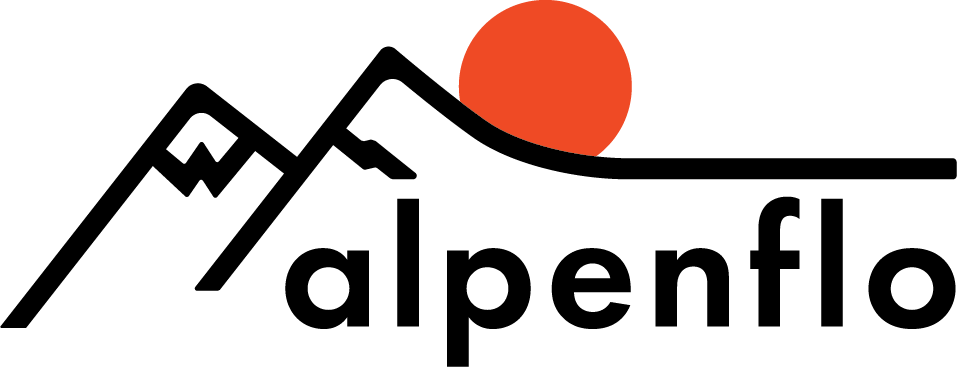How to Feel More Connected to Others
“Humans don’t mind hardship, in fact the thrive on it. What they mind is not feeling necessary. Modern society has done an excellent job of making people not feel necessary. It’s time for that to change.”
Jackson Hole Valley, 2014. My van sat with it’s sliding door facing the Tetons, that jagged range that leaps from the valley floor like an army advancing across the sky. I’d been living in my van for a year, traversing the US and Canada with little direction other than a desire to find some better sense of who I was, of what I needed in my life. As I sat looking at the Tetons, an abundance of open space before me and a year of footloose travel behind me, I realized I was sick of being alone. I was sick of exploring myself and my needs. I wanted to be a part of something bigger, I wanted a community.
Humans are social creatures. We crave belonging and acceptance, the sense of of being seen, heard, and fitting in to our group. Building community in our modern, fragmented society isn’t easy. In his excellent book ‘Tribe’ Sebastian Junger describes our evolution as tribal people, intimately interdependent on each other, to a fragmented society with little sense of mutual dependance and support.
Since moving back to Portland after the trip, I’ve tried lots of ways to find and build community. In this episode of the Territory Run Co Podcast, Founder Brett Farrell and I have a conversation about why community is so important and what we can do to feel more connected.
Territory Run Co. Podcast - A Conversation on Community
Photo Steven Mortinson
Founder Brett Farrell and I talk about why community is so important and what we can do to feel more connected. Our conversation took place as Covid-19 had most of the world under a stay-at-home order of some kind. We talked about how to maintain connections under those circumstances and how an event like this can give us perspective on the community we want.
From the podcast
Tribe, On Community and Belonging - Sebastian Junger
Lost Connections - Johan Hari
alpenflo Community Run (Virtual Campfire)
How to Get Started
A group of friends and I have run together (nearly) every week for almost three years. Here are some elements that have made it successful. During the Covid-19 pandemic group runs aren’t a good way to connect, so use these tips to plan a virtual happy hour or use this time to plan a group run for your post-Covid world.
4 Tips for a Successful Group Run (or Virtual Event)
- Commit to it. Reliability is key. Friends will put your group run on their calendars if they know you will show up. In addition, regular meetings create an unbroken thread in your relationship and allow you to go deeper than the usual topical catch-up. Pick a regular interval (every week or every other week are good options) and let your friends know about it.
- Find the right amount of structure. A familiar format helps make your run a relaxing and familiar event. It can sound a bit stifling or contrived, but a small amount of structure really helps. This could be as simple as an activity (a run followed by dinner) or much more involved.
- Be a leader. Having clear leadership is critical to reducing ambiguity (Are we running this week? I haven't seen a text...) and ensuring your run actually happens. This is you, at least at the beginning. The leader can change over time and be shared amongst your friends, just make sure you have one.
- Start! It’s scary and vulnerable to make an honest bid for connection, be compassionate with yourself and allow yourself to make mistakes. Starting is what matters, your run will evolve organically once it builds some momentum.
We have a basic need for community that modern society serves poorly. We have to take the bold steps to build it ourselves. We can do that by finding people we want to connect with, being vulnerable and asking for the connection we crave, and being willing to put in the work and sacrifice it takes to build those relationships.
There are many of us out there seeking connection and meaningful relationships, you can be the leader we need to help us find each other.
alpenflo Community Run (Virtual Campfire)
Want to connect with like minded people without building a group run of your own?
Check out an alpenflo Community Run. Note that during Covid-19 these are being replaced by virtual campfires.


